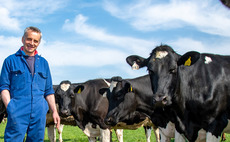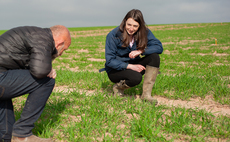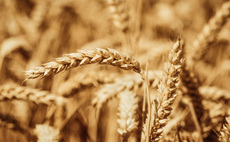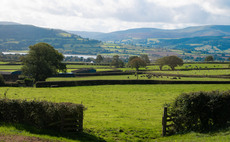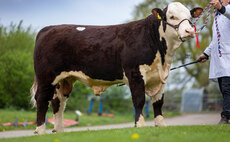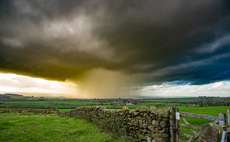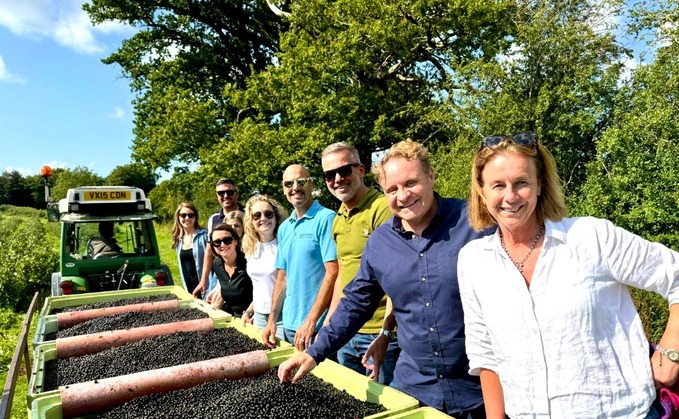
R-L: Jo Hilditch, grower and chair of the Blackcurrant Foundation with the Ribena team from Suntory GB&I
The Blackcurrant Foundation, representing 36 growers across the UK, reports that despite another difficult growing season, the nation's blackcurrant crop is thriving, with an anticipated yield of over 11,600 tonnes this year.
British blackcurrant growers once again faced challenging weather patterns this year. One site in Kent recorded an exceptionally wet winter, with 1109.6 mm of rain by the end of May. The warm winter brought insufficient winter chill for older blackcurrant varieties across most regions except Scotland.
Blackcurrants
However, the groundwork for the 2024 crop was laid in July 2023, when favourable weather allowed the bushes to produce extension growth, which flowered this year and underpins the current harvest. Additionally new climate-resilient varieties like Ben Lui and Ben Macdui are being harvested in quantity for the first time this year, and early yields and quality have been very promising.
READ NOW: Blackcurrant harvest in full swing on Dundee farm
Jo Hilditch, chairperson at the blackcurrant foundation, said: "The berries are the biggest I have ever seen, high in sugar and ready to go. However, climate change is a serious issue, and the weather earlier this year made it very difficult and sometimes impossible to get our cuttings in the ground."
Simon Hill, senior category buyer at Suntory GB&I, said: "The spring weather was conducive to good growing conditions with plenty of rain, and unlike Europe, we escaped any late frosts, which can damage blossom.
READ NOW: Nearly half of berry growers not profitable
"Warm weather in late May and early June accelerated the fruit ripening, and we started processing earlier than usual. Recent wet weather has affected the fruit sugar but has given very good yields and a heavy crop."
Over 90% of British blackcurrants are destined for Ribena, with a small amount finding their way to the supermarket shelves and other products, including frozen formats and other soft and alcoholic drinks.








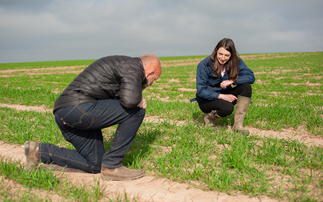

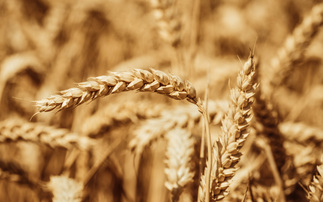

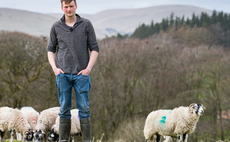
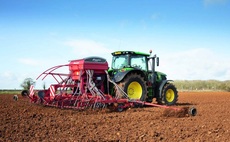
![Phil Latham: "Our industry seems to have little value for the Labour Gov and [therefore] I am increasingly worried about the USA's new tariff regime"](https://image.chitra.live/api/v1/wps/d12d03c/cad55df7-5c0d-452d-949d-1c7d39739842/1/PHIL-LATHAM-6337-230x142.jpg)
